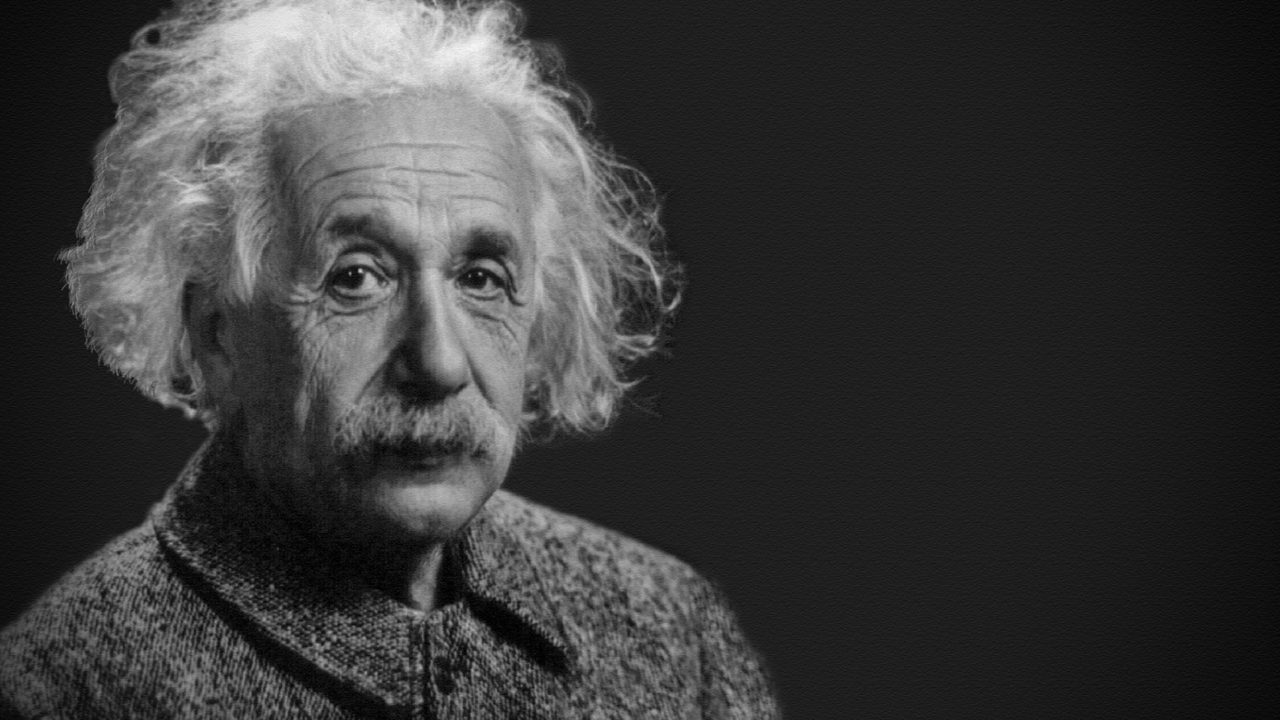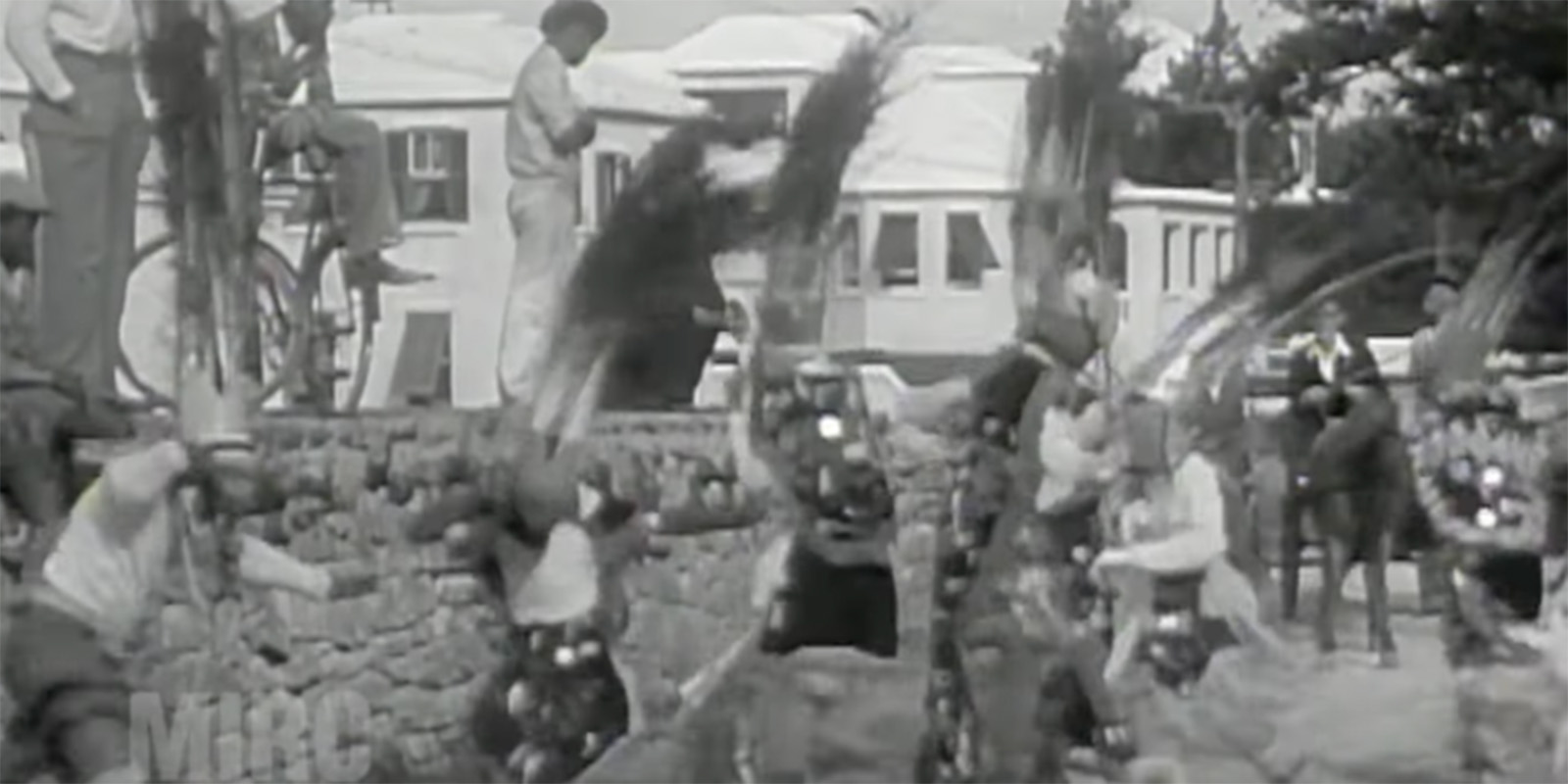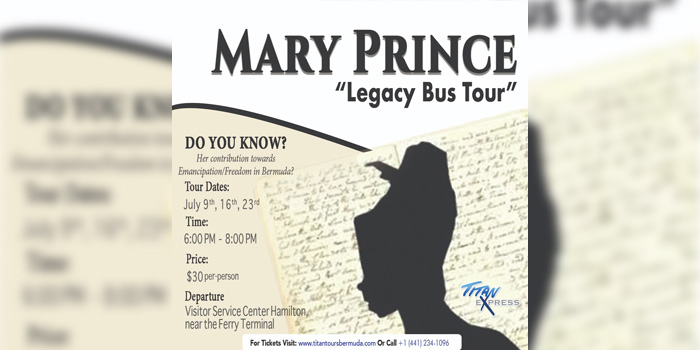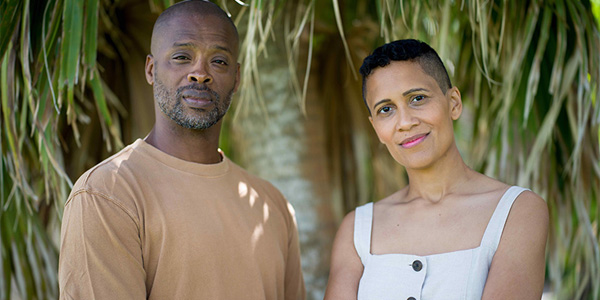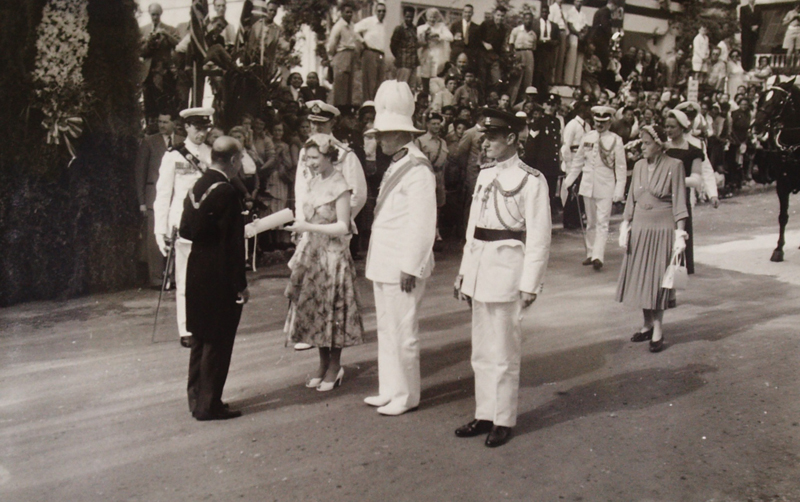Albert Einstein, the German-born genius who revolutionised mankind’s understanding of the universe, called Bermuda home for a few days in 1935.
For legal purposes the island became the short-term official residence of the scientist, humanitarian and philosopher when he was making his official declaration of intent to become a United States citizen.
The theoretical physicist had been resident in the US since 1933 when he accepted a position at Princeton University after first living as a refugee from Nazi Germany in England.
But he was required to formally begin the process of becoming an American citizen while living overseas; Professor Einstein opted to make his application from Bermuda.
Accompanied by wife Elsa, stepdaughter Margot, son-in-law Dr. Dmitri Marianoff and personal secretary Helen Dukas, he left his home in Trenton, New Jersey and sailed to the island from New York in May aboard the ocean liner Queen of Bermuda.
After the ship berthed in Hamilton, Professor Einstein’s party was greeted on the waterfront by Governor Lt. Gen. Sir Thomas Astley-Cuhhitt and the city’s Mayor Henry Watlington.
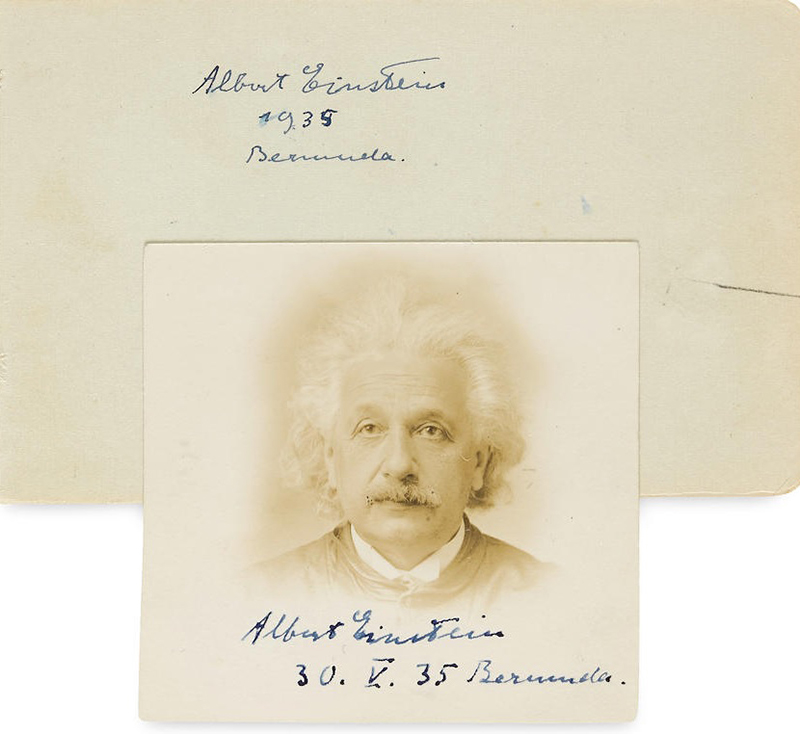
“The Governor gave Elsa the name of two luxury hotels, both of which Einstein vetoed on sight,” said biographer Denis Brian in his 1997 book Einstein: A Life. “So they walked to the other side of the town, where they saw a modest cottage advertising rooms to let. ‘We will go in there,’ Einstein said ‘I like the place’.”
The 1921 Nobel Prize winner was as taken with the Roseacre Guest House’s ambiance and its husband-and-wife operators, Mary and Ludwig Johnson, as he had been with the exterior of the small tourist property.
He immediately booked rooms there for the duration of his week-long Bermuda visit.
While staying at Roseacre, Professor Einstein was also charmed by the Johnsons’ young granddaughter, Louise Day. He presented the little girl with a spare copy of a photograph he was required to submit with his US immigration paperwork, signed: “Albert Einstein, 1935 Bermuda.”
The man who unlocked the secrets of time, space and the atom walked with kings throughout his long life, but he never lost the common touch.
In fact, Professor Einstein tended to be more comfortable in the company of everyday people rather than the great and the good and the powerful.
This certainly proved to be the case in Bermuda.
“In Bermuda, Einstein declined invitations to parties, banquets and receptions; he spent much of his time exploring the island,” said Dennis Brian.
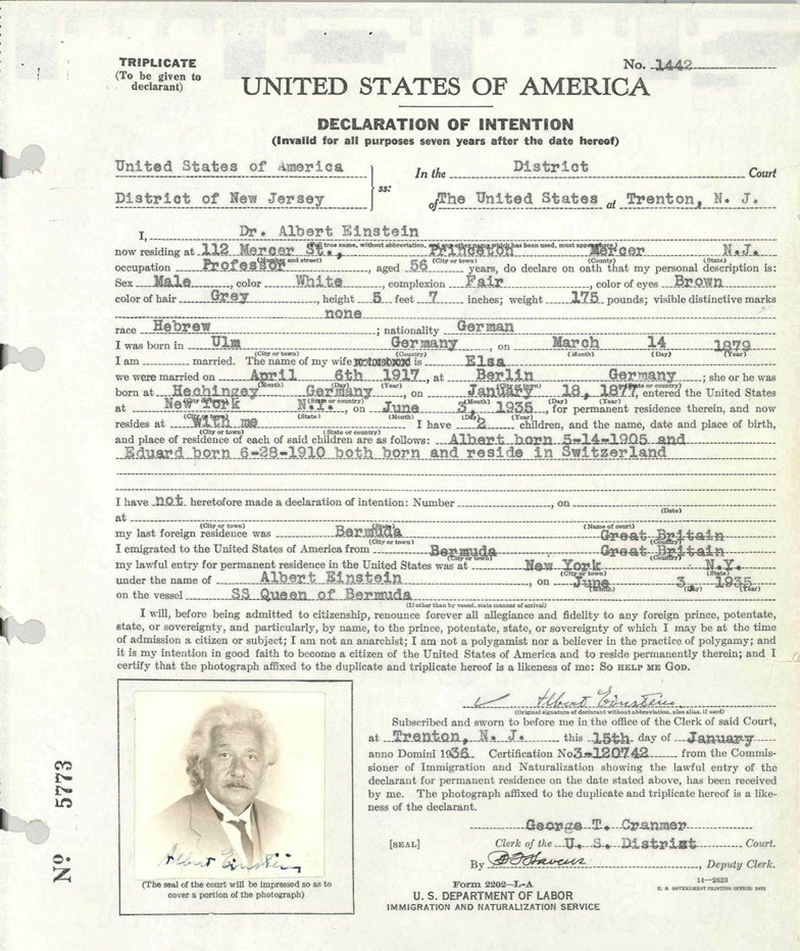
Instantly recognisable with his halo of white hair and trademark rumpled clothes, the biographer noted that he was “ambushed by an excited group of schoolgirls” in Hamilton and cheerfully posed for photographs with them.
Another day, while eating in a small restaurant, the chef invited him to his home to go sailing and then to stay for dinner. Professor Einstein accepted enthusiastically.
When the chef returned to the kitchen, Elsa Einstein, very much perplexed, said to her husband: “How can you do such a thing, Albert? You refuse all the invitations for the Governor and the Mayor and now you go to have dinner at the home of this chef.”
According to Denis Brian Professor Einstein replied: “They will understand: I am here to enjoy myself. Besides,” he added blithely, “he has a boat.”
The legendary scientist later told his wife he had “a fine day” sailing with the Bermuda chef. “And,” he added, “he cooked me all his masterpieces for dinner.”
Before returning to the US in early June, he and his travelling companions were also photographed by the press taking a sightseeing trip aboard a small tour boat.
One of the photos, which appeared in newspapers and magazines around the world, was captioned: “Professor Albert Einstein, noted scientist, points out things of interest to his party as they make a trip to view the sea gardens off Bermuda’s shore.”
When he arrived back in New York, he presented immigration officials with a document which include the declaration: “I emigrated to the United States of America from Bermuda.”
There was a belated sequel to Albert Einstein’s temporary Bermuda residency in 2017 when a then recently-acquired jacket he was pictured wearing on the island went under the hammer at auction house Christie’s.
The unpretentious “Cossack” leather jacket was purchased by manufacturer Levi Strauss & Co.for its archives for a winning bid of $146,744.
Professor Einstein, who died in 1955 at the age of 76, would likely have been unimpressed with the fabulous price his weathered jacket fetched.
Entirely indifferent to fashion, he famously maintained a minimalist wardrobe so he didn’t have to waste time thinking about what to wear each morning. He once said of clothes that it was a sad situation when wrappers were thought more highly of than what was contained inside them.


